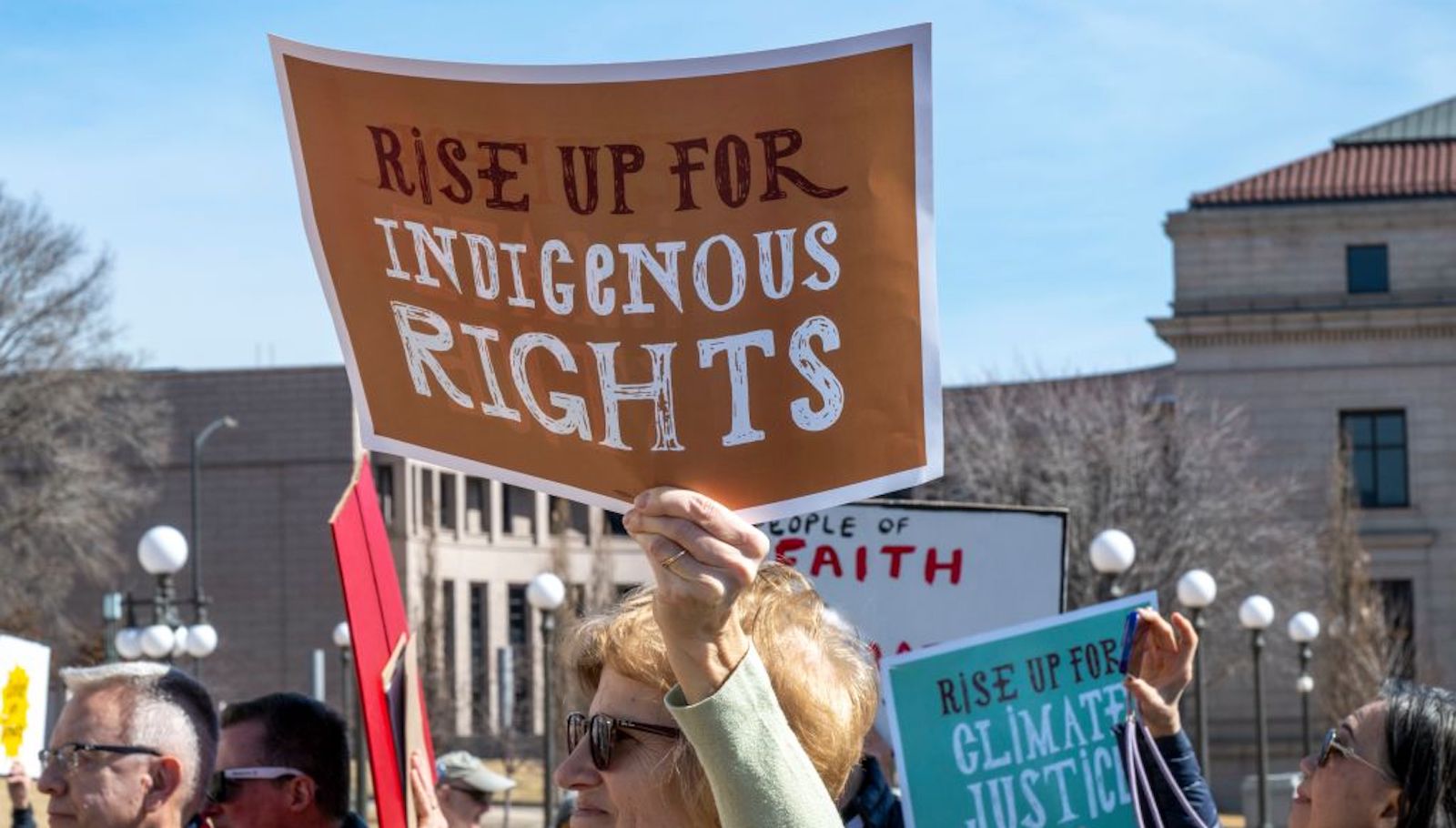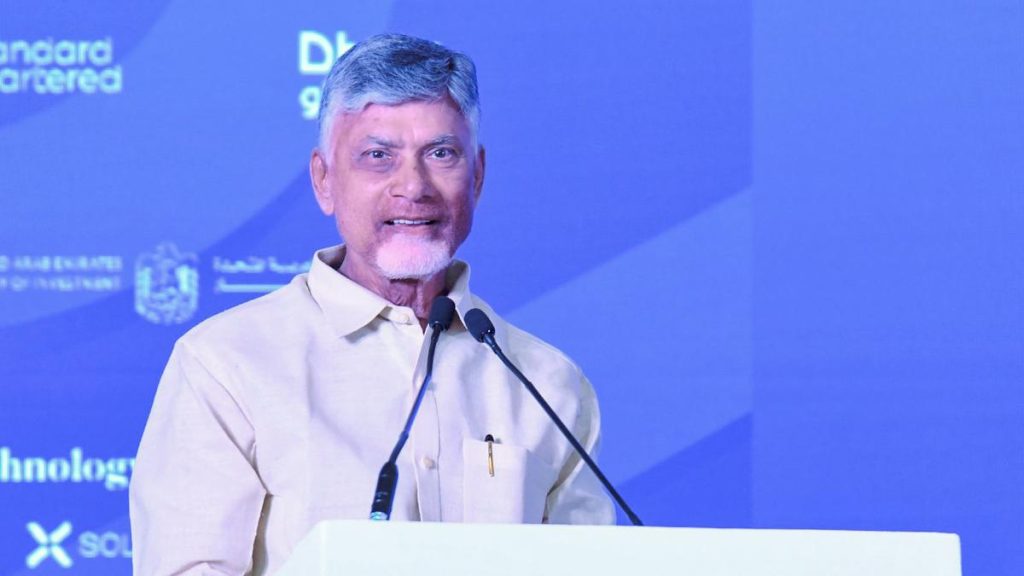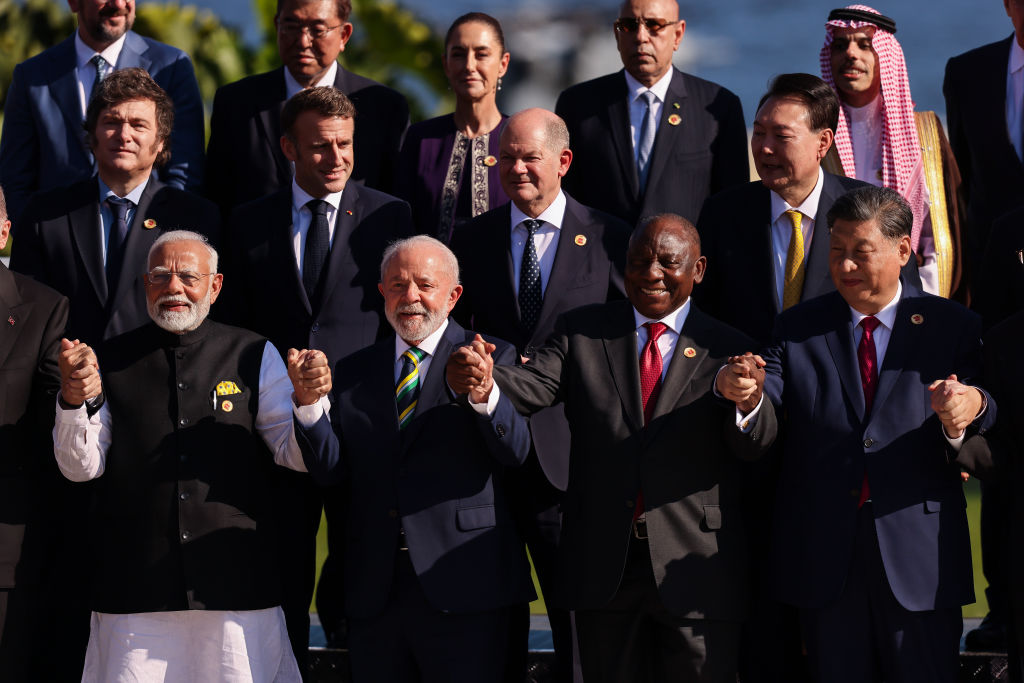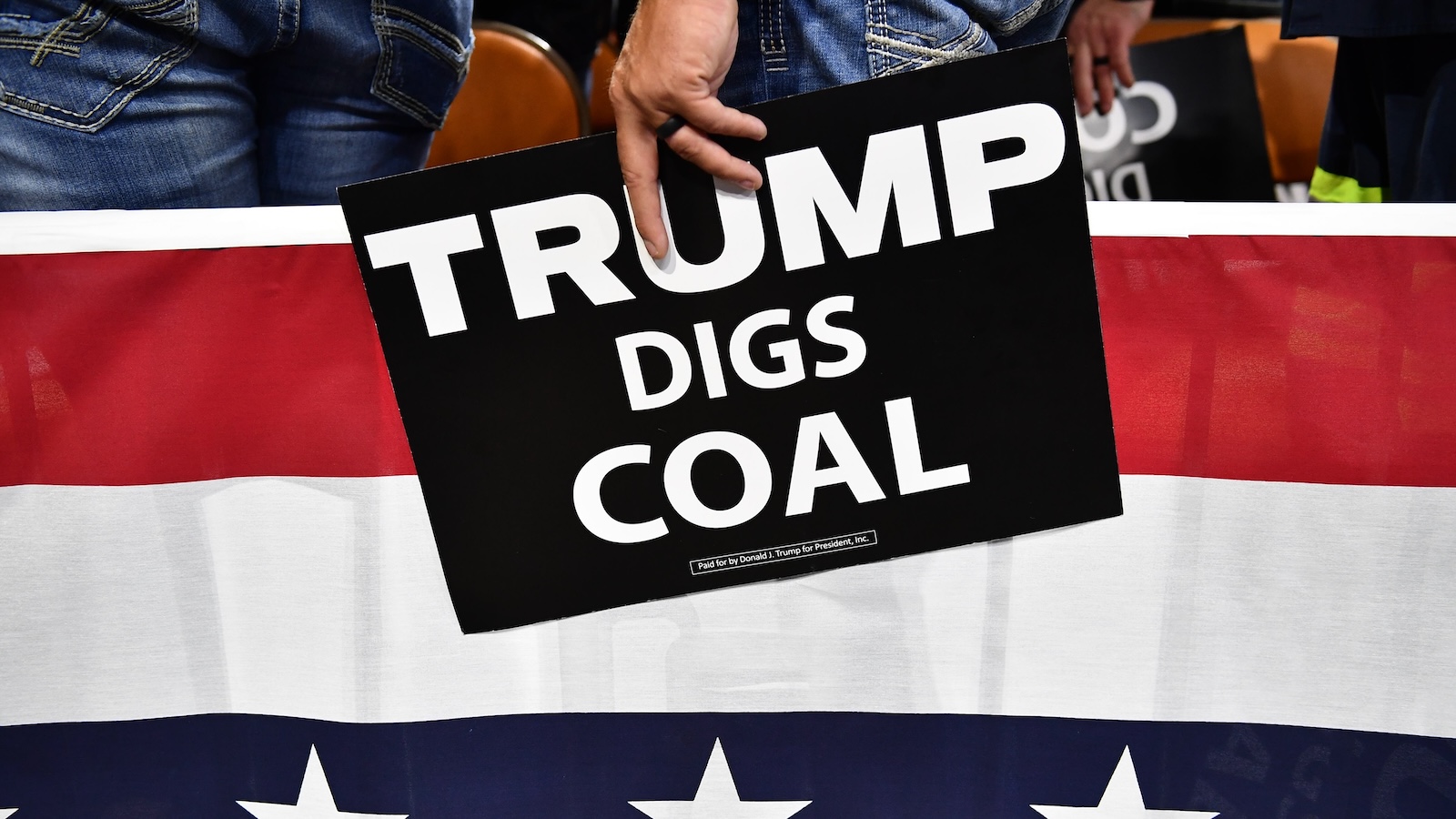Now Reading: Trump’s First 100 Days Slash Funding for Indigenous Communities
-
01
Trump’s First 100 Days Slash Funding for Indigenous Communities
Trump’s First 100 Days Slash Funding for Indigenous Communities

Fast Summary:
- Joseph Guzman-Simpliciano, a Native Hawaiian combat veteran, founded Kingdom Pathways with his wife Carmen to tackle environmental challenges in their community in West Oʻahu.
- Their organization received a $3 million federal grant through the EPA for community empowerment and citizen science training but saw the funding frozen due to policy changes under president Trump.
- Trump’s governance has cut over $350 million in federal funding for Indigenous projects nationwide, including housing upgrades and combatting environmental risks.
- Indigenous groups face significant impacts from deregulated energy projects such as oil pipelines and mines fast-tracked by executive orders. Long-standing tribal services (e.g., health care and education) remain heavily underfunded.
- More than 20 Native organizations formed the Coalition for tribal Sovereignty to push back against severe budget cuts and advocate tribal rights. Letters have been sent to Congress opposing the reductions.
- Legal rulings temporarily reinstated some grants, but uncertainty remains over long-term federal support due to shifting priorities favoring industrial expansion.
Indian Opinion Analysis:
The decision by Trump’s administration to rapidly slash funding for Indigenous-led initiatives comes at a critical juncture when these communities are addressing existential environmental and social challenges. While efficient spending is cited as justification, it disproportionately affects communities legally bound by treaties reliant on federal commitments. Programs like Kingdom Pathways highlight how small-scale localized efforts depend on consistent resources-without which grassroots solutions falter.
accelerating energy projects raises further concerns about potential long-term harm from truncated reviews of large-scale industrial developments like pipelines or mines. Although some tribes may see benefits tied to resource development, this approach coudl undermine broader sovereignty issues by sidelining consultation processes essential for self-governance.
The formation of advocacy coalitions underscores collective resistance among tribal nations frustrated by abrupt policy shifts but also reveals dependency on federal systems that lack stability during political transitions. This evolving situation necessitates critical appraisal-not just of immediate fiscal savings-but how policy reversals may impact decades-long trust agreements essential for preserving Indigenous communities’ futures.

























